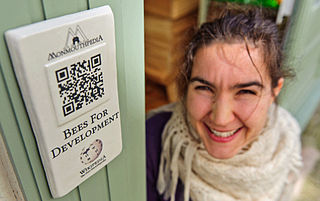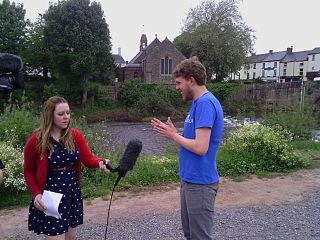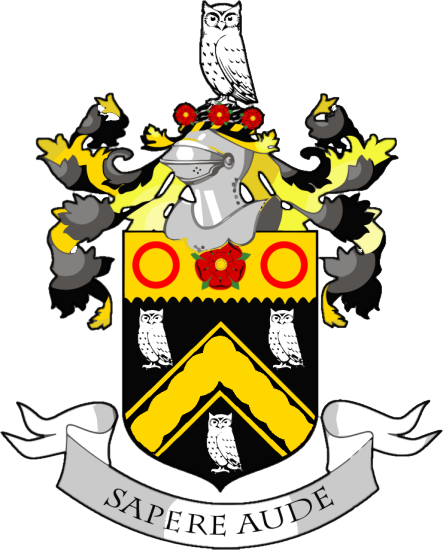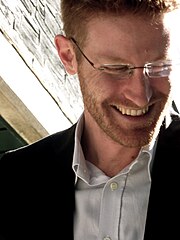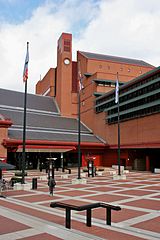
This post was written by Dr Martin Poulter, Wikimedia UK Associate
OER13, a two-day international conference about Open Educational Resources, took place last week in the University of Nottingham. As well as providing a focus for new developments and findings in open education, it addressed overlapping issues such as open access to research, student perspectives and digital literacy. Wikipedia and Wikimedia had a very strong presence.
I attended on behalf of Wikimedia UK, to deliver a presentation, set up a little stall, and offer the How Universities are Using Wikipedia case-study brochure, which went like hot cakes. The presentation explained how Wikipedia and its sister projects can be used as educational platforms. Its main example was the Wikipedia Education Program in which students improve Wikipedia articles for course credit. According to a blog post by Terese Bird of the University of Leicester’s Institute of Learning Innovation, the presentation “made a compelling case” for including Wikipedia-based assignments in formal learning.
Phil Wane, a Nottingham Trent University lecturer and previous speaker at the EduWiki Conference, gave both a paper poster and an electronic poster about the Wikipedia Book Tool and how lecturers can use it to create and customise lists of articles.
The gold star, however, must go to the Communicate OER project, which is bringing together Wikipedians, educators, and support staff to improve articles about open education. The project’s Pete Forsyth and Sarah Frank Bristow attended the conference, and thanks to them all delegates got a copy of the Welcome to Wikipedia booklet. They had a stall, a poster, and two sessions to introduce their project and invite participants to School of Open’s new online course on Writing Wikipedia Articles. As if that weren’t enough, they also ran a post-conference editing session.
The open education genie is well and truly out of the bottle. Open Educational Resources are not a new idea, but there was a sense at the conference that we were all part of a movement that is only just getting started. One discussion group argued that it is now within our reach to have public, open education on the model of the National Health Service: available to everyone, life-long without charge, with both rights and responsibilities for citizens who need it. Wikipedia was mentioned not just as an example of this free global service, but as a way for citizens to contribute back to the common good.
We covered recently on this blog how some educators are resistant to the educational potential of Wikipedia, yet our warm acceptance from the OER community shows that the shared goals between Wikimedians and formal education are impossible to ignore.






